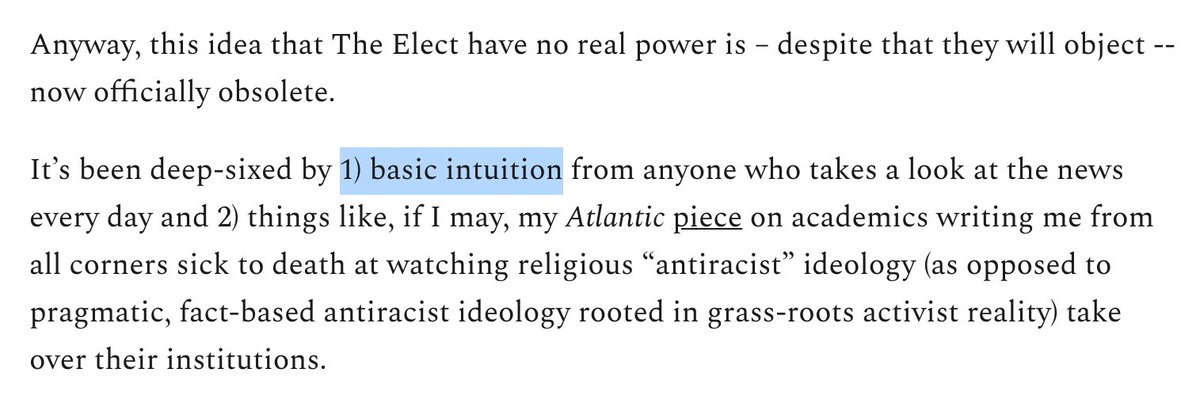
TIL that some colleagues think we should start “experimenting” with face-to-face teaching ASAP... to find out whether it’s safe.
I guess this is what happens when the deceased can keep lecturing
I guess this is what happens when the deceased can keep lecturing
Sure, my 70+ mom is still not *old* enough to qualify for the vaccine in Quebec, but some of my colleagues are SUPER TIRED of Zoom, so
I’m really running out of f*cks to give, as they say
The sheer disregard of members of our lil’ “community” for the health and well-being of other members is a thing to behold.
Bear in mind we kicked the pandemic off by booting students out of dorms with nowhere for them to go, only walking that back when it became embarrassing
Bear in mind we kicked the pandemic off by booting students out of dorms with nowhere for them to go, only walking that back when it became embarrassing
Anyway I guess I should be relieved to know we’re bringing nearly the same passion and thoughtfulness to each other’s health that we muster for such fundamental questions as chalkboards vs whiteboards
• • •
Missing some Tweet in this thread? You can try to
force a refresh







